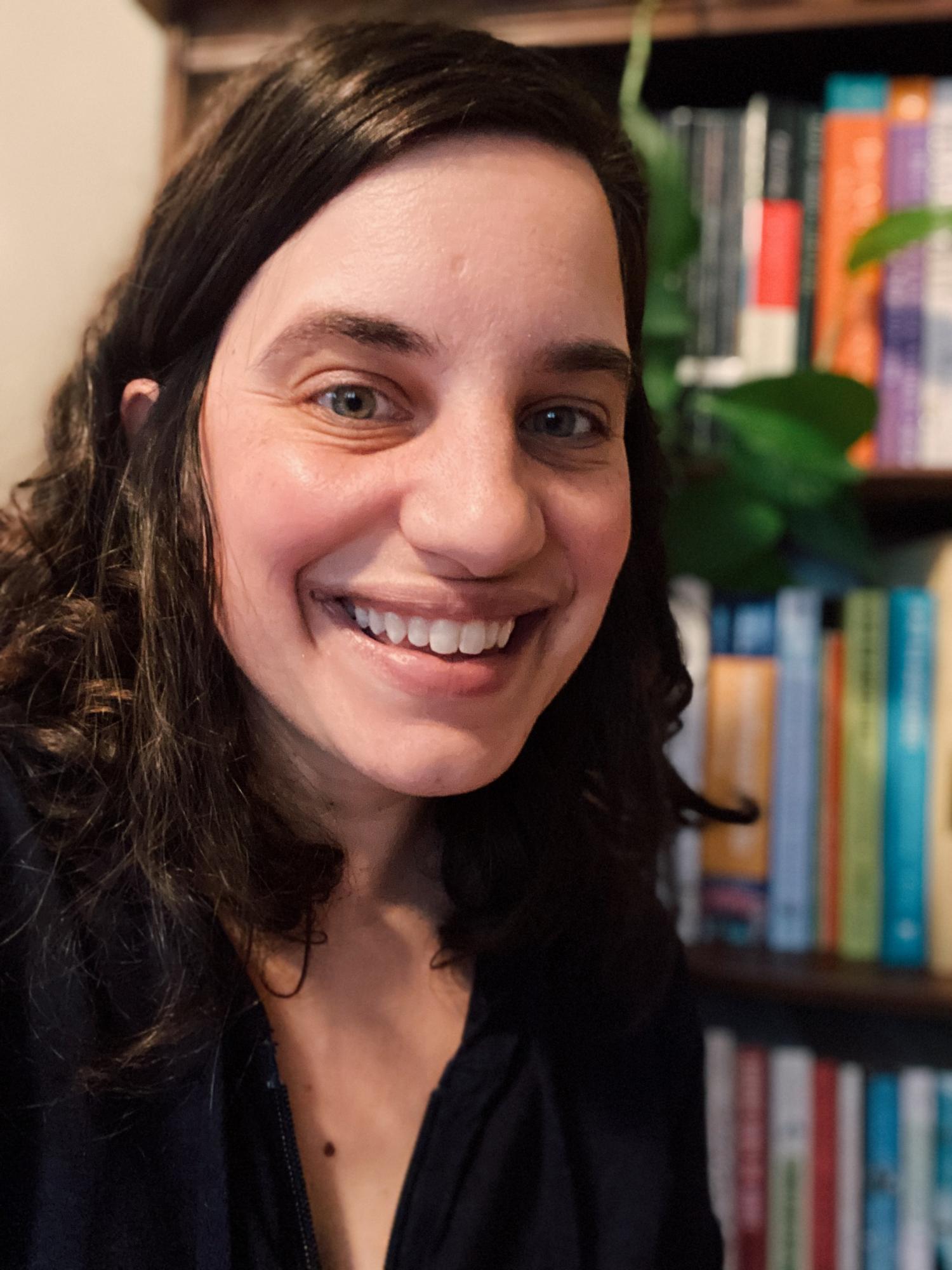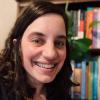Meet Teaching Artist Margaret LaFleur


Margaret LaFleur writes fiction and teaches writing in Saint Paul, Minnesota. Her writing has most recently appeared in Bright Flash Literary Review and (mac)ro(mic), but you can more often find her reading over the heads of her small children. Her goal is to help students find and write the kind of work that will compel readers to stay with the words no matter what else is happening around them.
To see Margaret's current class line up, visit her artist bio page.
***
When did you start teaching? What path—career or otherwise—brought you here?
I wasn't sure I wanted to teach writing when I went to graduate school but found that I really enjoyed it. I always knew I wanted to write or work in the writing world in some way, so it was lucky that teaching was a rewarding option for me. I'm not sure all writers would agree!
How would you describe your teaching style?
Friendly and curious. In addition to teaching creative writing I also teach college composition and research writing courses, and I go into all classrooms intending to build a collaborative community. I don't believe I'm any smarter or more talented than my students, I've just gone a bit further down the path then they have and am there to show them the way, just like my teachers showed me. So I ask a lot of questions of my students and try to create a room where everyone feels safe and fully present.
When it comes to imagining and creating classes, where do your ideas come from? What in particular inspires you?
I think "write what you know" is bad advice, and I often amend it for my students and tell them "write what you want to know." Good writing is not one-sided grandstanding, and I think the same is true of teaching. In creating classes I want to teach something I know a bit about but haven't totally nailed down yet. My favorite feeling as a teacher is standing in front of the room and laying out everything I've studied and learned and then asking my students, "Well, what do you make of all that?" and genuinely needing to know the answers in hopes that it will all get me closer to my own answer.
What's the ideal environment for your classroom? What atmosphere are you hoping to establish?
Every classroom is unique. Even when topics or course materials are the same the students bring a new set of experiences, strengths, and interests to the room. Ideally I think the environment needs to be flexible. This is often called "responsive pedagogy," but for me it just means listening to students and adjusting course as necessary. I want students to feel like they are coming into a classroom that takes them into account and feel welcome to tell me when they need me to spend more time on something or move along if I'm belaboring a point.
Regardless of what your class is specifically focusing on, what's the main goal you have for your students?
If students do not feel compelled to check their phones during class, I've met my main goal. I don't have strict rules about phone use, but my hope is that I am engaging students in a way that makes them less susceptible to the siren song of notifications and apps. My secondary goal is to help my students see how the skills we're working on will help them improve at other goals, as well. Writing is important on its own, and I also think paying close attention to our writing can help us become better in other areas (non-writing classes, work, writing witty social media posts).
What are goals you have for yourself? These could be teaching goals, writing goals, career goals, community goals, etc.
I'd like to finish the novel I'm working on. I'd like to continue to grow as a teacher, especially in the creative writing space. I have not always been good at making writing a priority and that's something I feel like I am relearning to do. I tell my students to take themselves and their words seriously, and it's a good reminder for me, as well! I'm really looking forward to returning to the writing community and going to readings someday—something that will open up again in a post-Covid-emergency landscape and once my small children are a bit bigger, I think.
What have been some of your own favorite educational experiences?
I promise the Loft is not putting me up to this, but I have to say that many of my favorites have been at the Loft! The small class sizes and variety of students that a center focused on literary arts and community bring in mean that every class I've taken (or taught) is a surprising experience in some day. I've never left a Loft class feeling less than capable, which is also a feeling I hope my students take away.
To you personally, what is the most important part of the literary arts?
The best thing about writing (and reading) is that it's a lifelong skill that you can enjoy your whole life and is accessible to all. For me it's important that the literary arts shows how big the world is and makes rooms for all kinds of stories and styles of writing. Sometimes people get hung up on rules, but there is room in the literary arts for all writers, and the truth is that there are no real rules, just traditions you can take part in, learn from, or leave behind.
